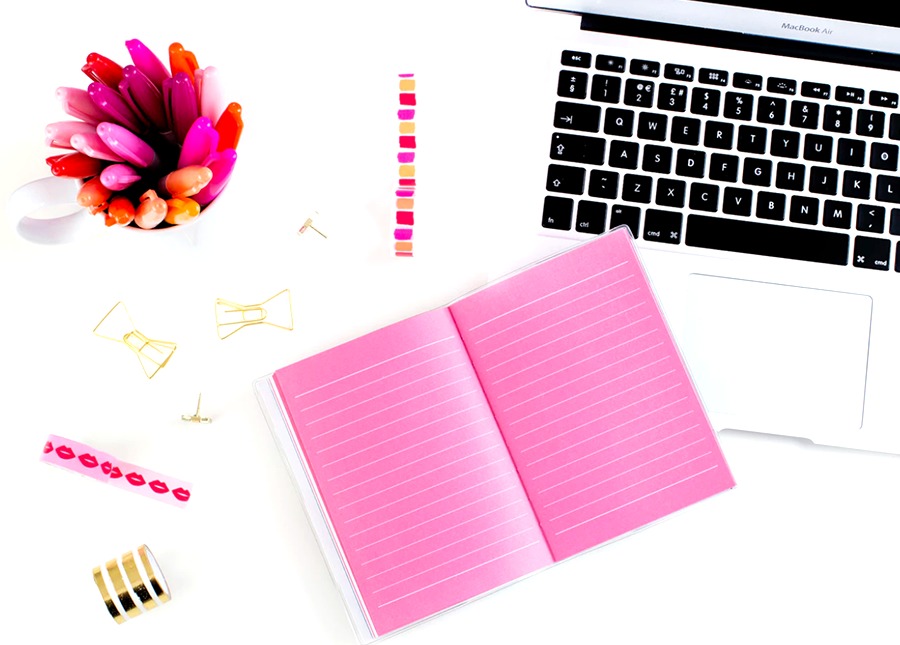I Have Pretty, Color-Coded Budget Spreadsheets. Now What?

A few years ago, I got into a personal financial crisis. I finished graduate school with no job, minimal savings, and a lot of debt. I ended up moving back in with my parents. The process of digging myself out of the hole led me to learn more about personal finance. I quickly learned that one of the cardinal rules of managing your money is to track your finances. I decided to do this because it seemed like an easy way to start, but mostly because I love organization and color-coding things. In my tracking, I included income, spending, savings, and debts. I broke my spending down into different categories, including transportation, food, coffee, eating out, entertainment, personal care, charity, gifts, medical, and other. I even tried to track the quarters I put into the locker at my gym (which is a bit much, I know). I also wrote down what was in my checking and savings accounts on the first and last day of every month, and the amount of debt I had at the beginning and end of each month. Each paycheck was also logged. After tracking nearly every penny for a few months, I started to wonder, what am I supposed to actually do with this information? How do I use this information to actually improve my finances? After some reflection, here is how I’ve decided to use my tracking documents.
1. Budget better.
Now that I have a sense of what I actually spend my money on, I have a much better idea of how to allocate my paycheck. I thought that because I don’t wear makeup, the amount I spent on personal care items would be very small, maybe $10 to $25 per month. One month it was only $6, but the average over 5 months was actually $38. Now I realize I need to plan for that in my budget so I won’t be surprised.
2. Identify problem areas.
Good finance tracking requires you to look at every part of your finances. Like many millennials, I have student loans, but unlike many of my friends, I ignored my loans until my first payment was due. Tracking my spending forced to look at the total amount I owed and how much interest was accumulating. After the initial shock and the smelling salts kicked in, I woke up to the fact it was important to intentionally pay them down. A few months of tracking has motivated me to make a plan to pay them off.
3. Identify areas in which I am succeeding.
I could pretend like I don’t need positive reinforcement or a pat on the back sometimes, but I am only human and I’m not a good liar. Seeing my successes, such as significantly increasing my savings, inspires me to keep working hard and helps me delay gratification. Seeing the numbers go up in my savings account made me realize I can set ambitious financial goals and achieve them.
4. Create strategies that work for me.
Tracking has helped me understand what works for me financially and what doesn’t. For example, I am sure that I have significantly decreased the amount I eat out, especially compared to before I started tracking. However, there is room for improvement and I know that I struggle to say no to eating out. Bringing food to work and not going to the cafeteria has really helped curb my lunch spending, but somedays I just need to get out of the office, so I end up buying lunch. Keeping my budget flexible enough to accommodate my impulse buys is key to my success.
5. Redo my documents.
A few months of tracking has made me realize what I need to track and what I don’t. I found that keeping track of how I paid for something, such as by debit or credit card, isn’t actually all that helpful since I pay off my credit cards weekly. However, breaking down my spending on transportation would be, so I can see how much I spend on gas versus maintenance and the like. Also, certain months are disproportionately affected by things like travel, so finding ways to highlight that would be helpful.
6. Make more informed decisions.
Having this information allows me to better understand how financial changes will impact me. Before tracking I would have had to guess the impact a change in my car payment would have on my finances and made false promises to myself about how I would account for it. Now I can check my excel sheets and make an informed decision about how to adjust my budget for changes like that.
*****
These are just a few ways I intend to use my tracking documents. Since I have only been tracking for a few months, I am sure that as time goes by and my finances change, my documents and how I use them will change as well. I want to make sure they are consistent enough so I can track things like spending in certain categories reliably, while malleable enough for me to get useful information from them. Success in personal finance requires consistent learning and adaptation, but I am confident my color-coded sheets have me off on the right start.
Christine is a Michigan native with a love of travel, Corgis, and bookstores.
Image via Unsplash




